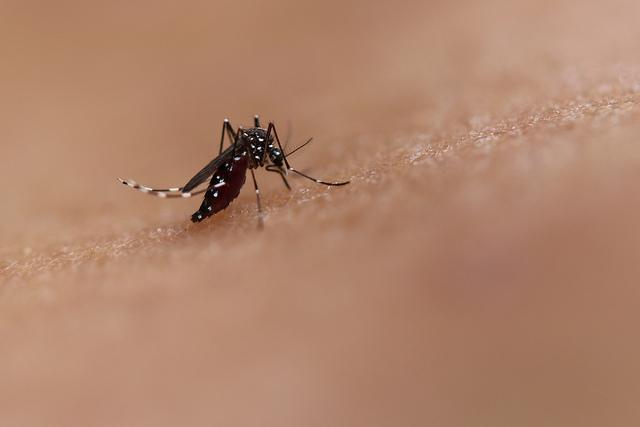Children with a history of prior dengue virus infection had a significantly lower risk of being symptomatic when infected by Zika virus, according to a study in Nicaragua of more than 3,000 children aged 2 to 14 years. Experts have worried that prior dengue virus infection could exacerbate severe Zika disease. However, the new findings, published in PLOS Medicine, indicate that prior dengue immunity in children may in fact be protective against symptomatic Zika disease.

Image/NIAID
The research was conducted by investigators at the University of Michigan in Ann Arbor; the University of California, Berkeley; the Ministry of Health in Managua, Nicaragua; and the Sustainable Sciences Institute, also in Managua. The research was supported in part by the National Institute of Allergy and Infectious Diseases (NIAID), part of the National Institutes of Health.
While dengue virus has been entrenched in the Americas for decades, Zika virus was not reported in the region until 2015. Zika virus and dengue virus are both transmitted by Aedes aegypti mosquitoes and cause similar symptoms, including fever, rash, and joint pain. In some cases, Zika virus infection can cause neurological issues, and infection during pregnancy can lead to birth defects and developmental problems in babies (a condition called congenital Zika syndrome). However, many people do not show symptoms when infected with either Zika virus or dengue virus.
Read more at NIAID
- Madariaga virus with Dr Glenn Morris
- Infectious disease bric-a-bracs: Malaria elimination, anti-vaxxers
- Measles in Vancouver, WA area: 22 confirmed, 3 suspected
- India: Acute flaccid paralysis cases down in 2018
- Legionnaires’ disease cluster reported in Brooke County, WV
- Ukraine: Kyiv prison reports measles outbreak
- China reports an African swine fever outbreak in Ningxia

